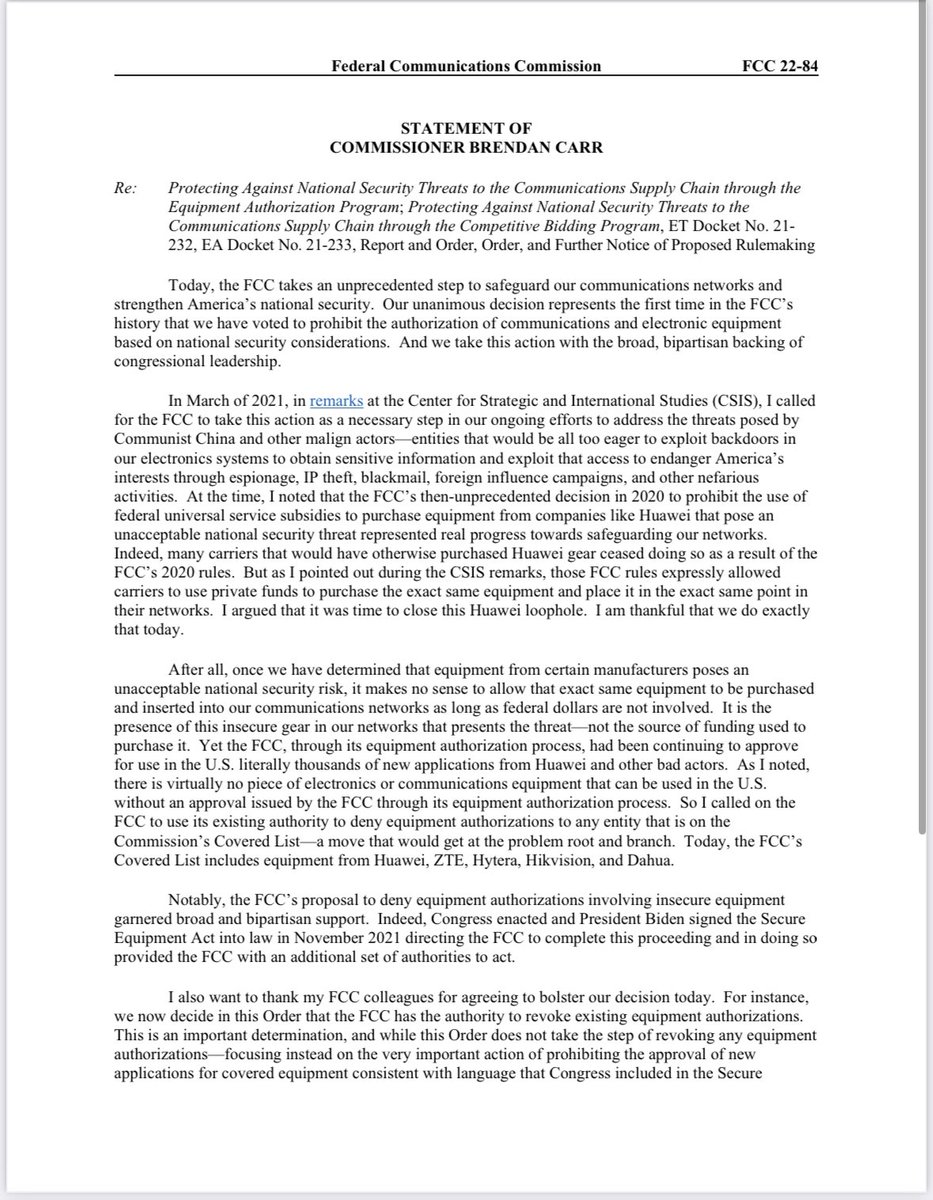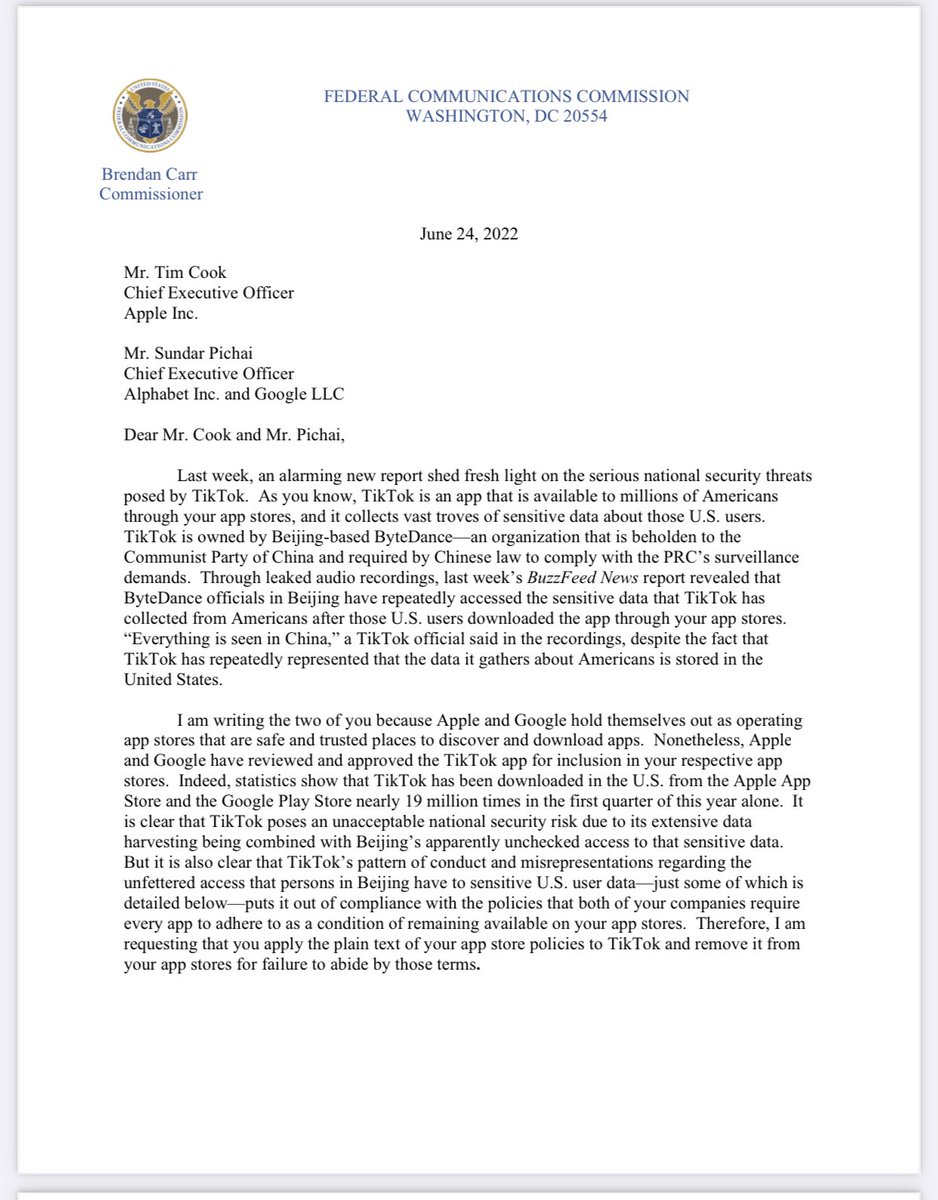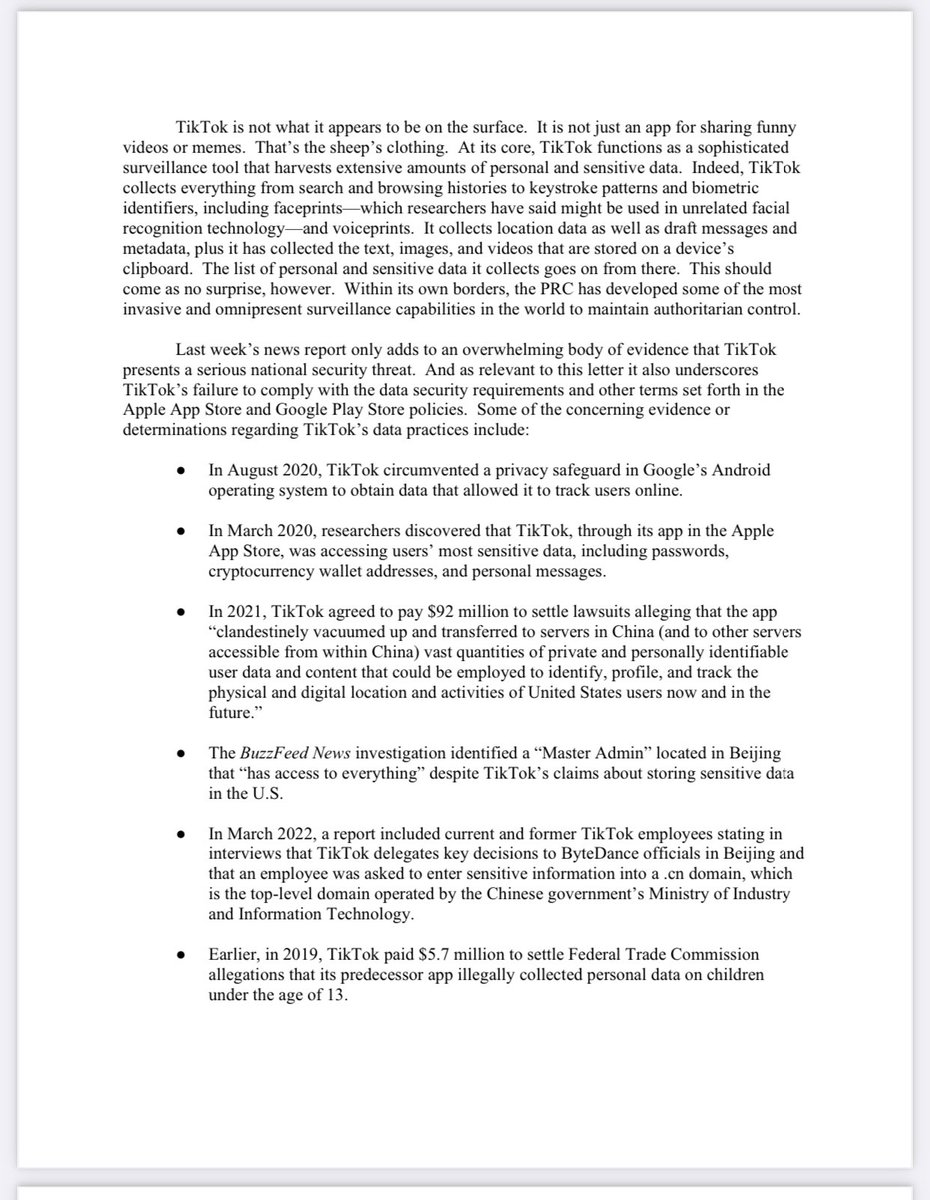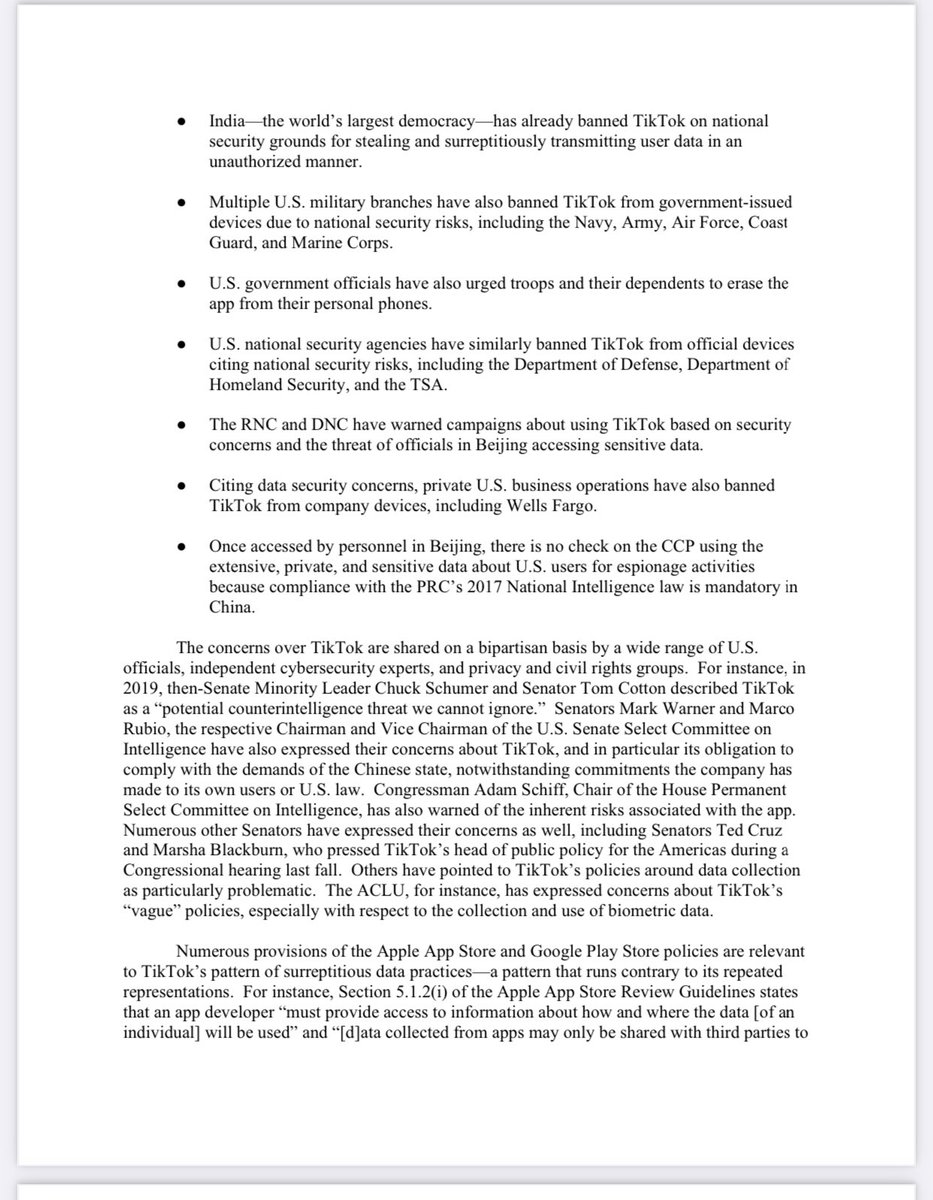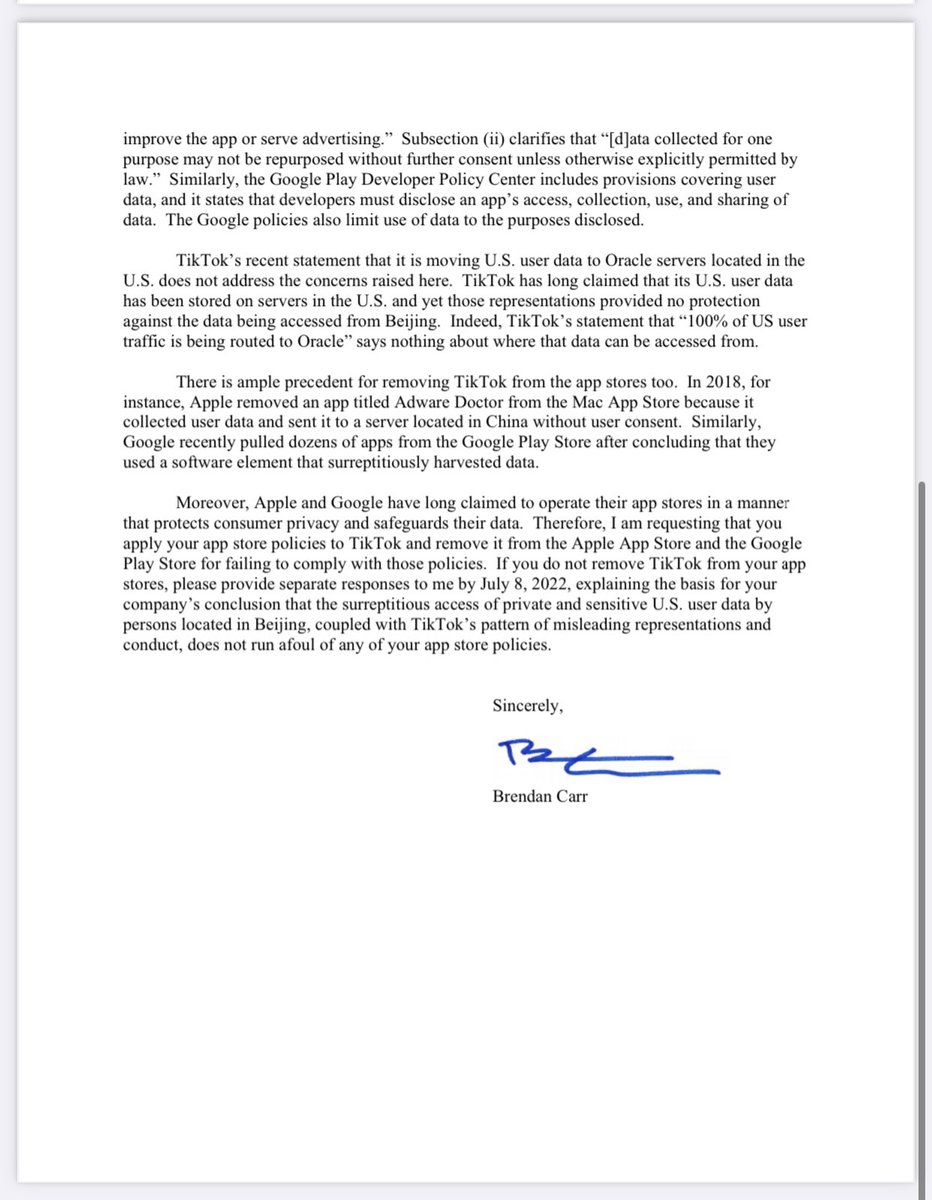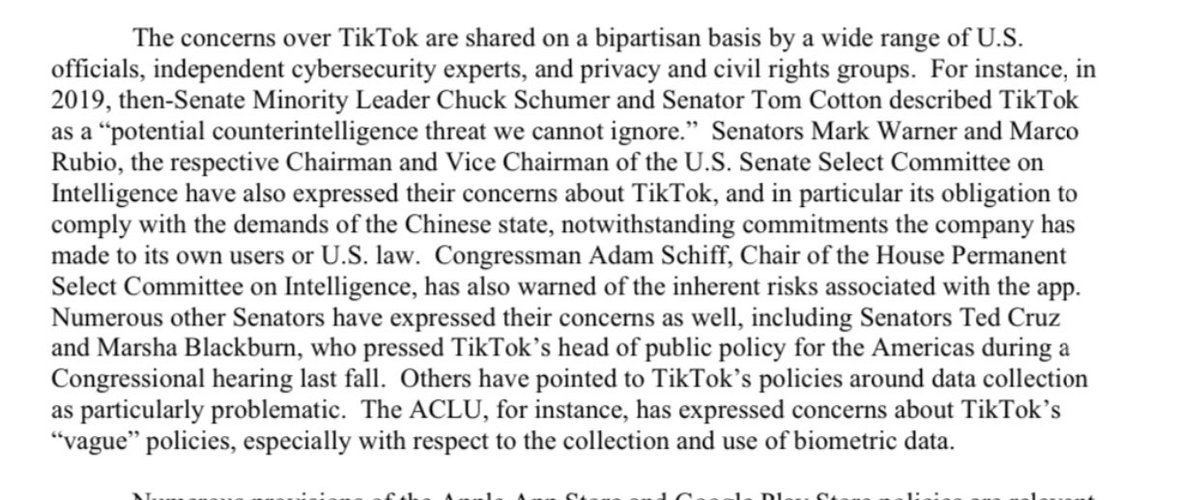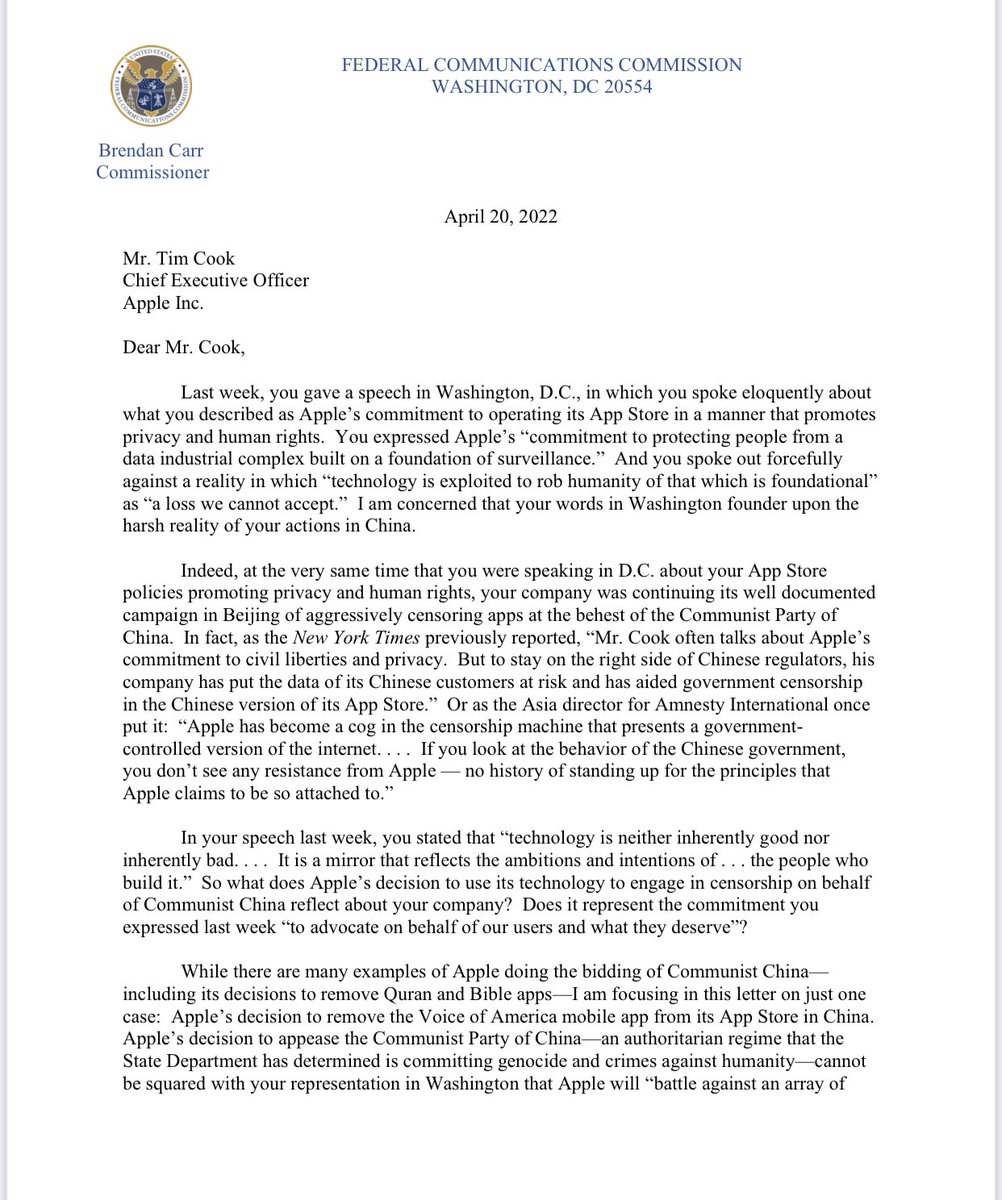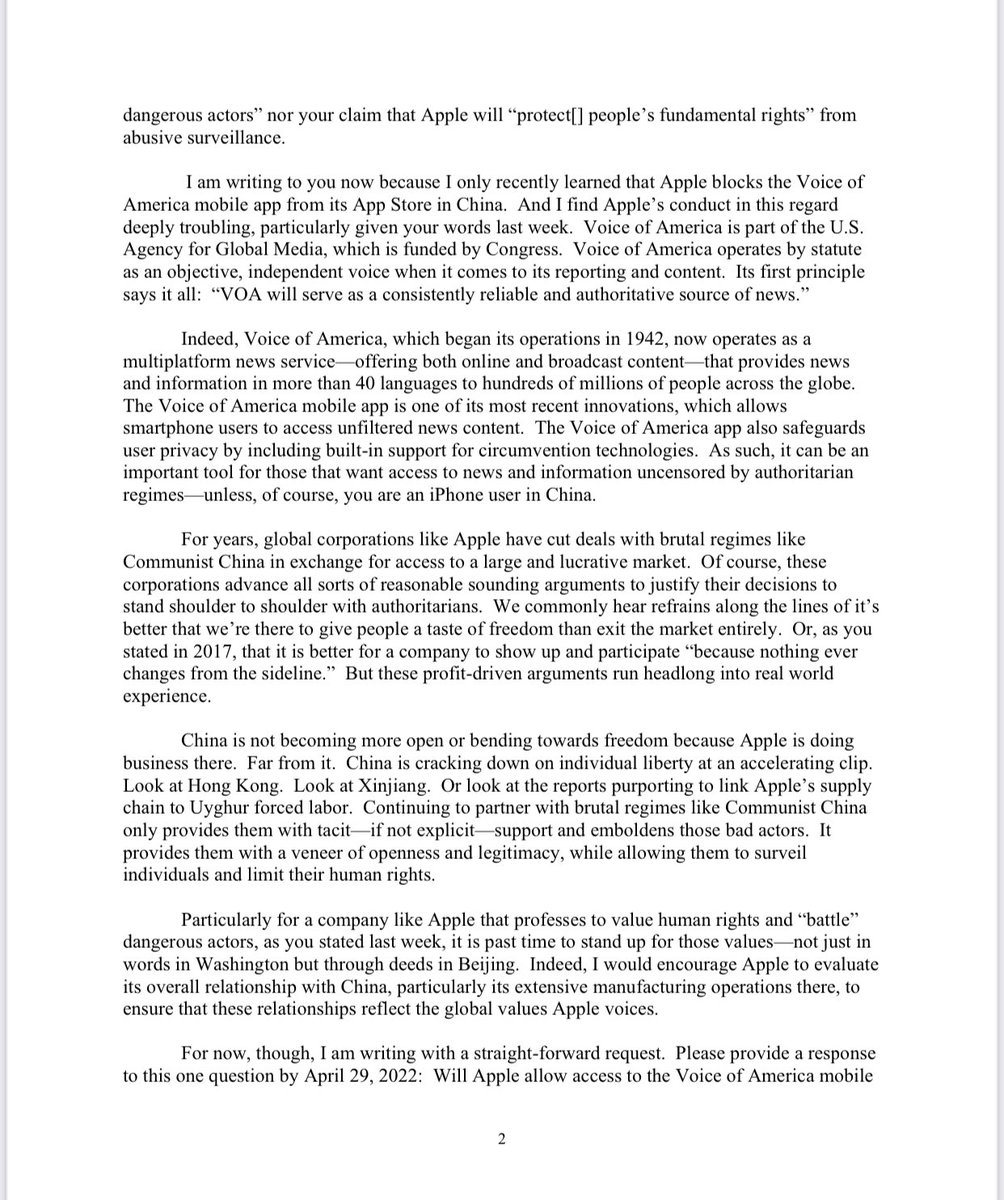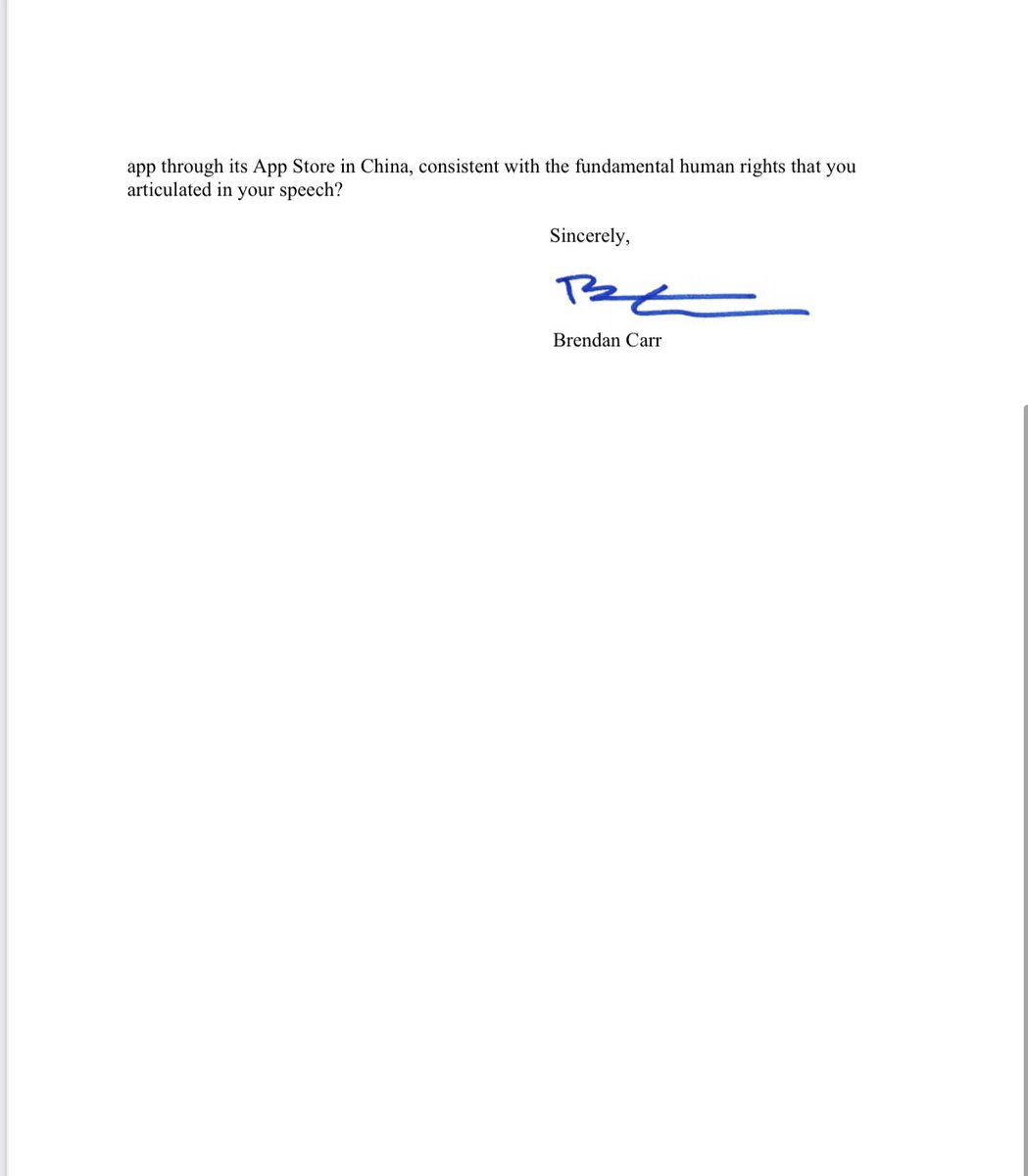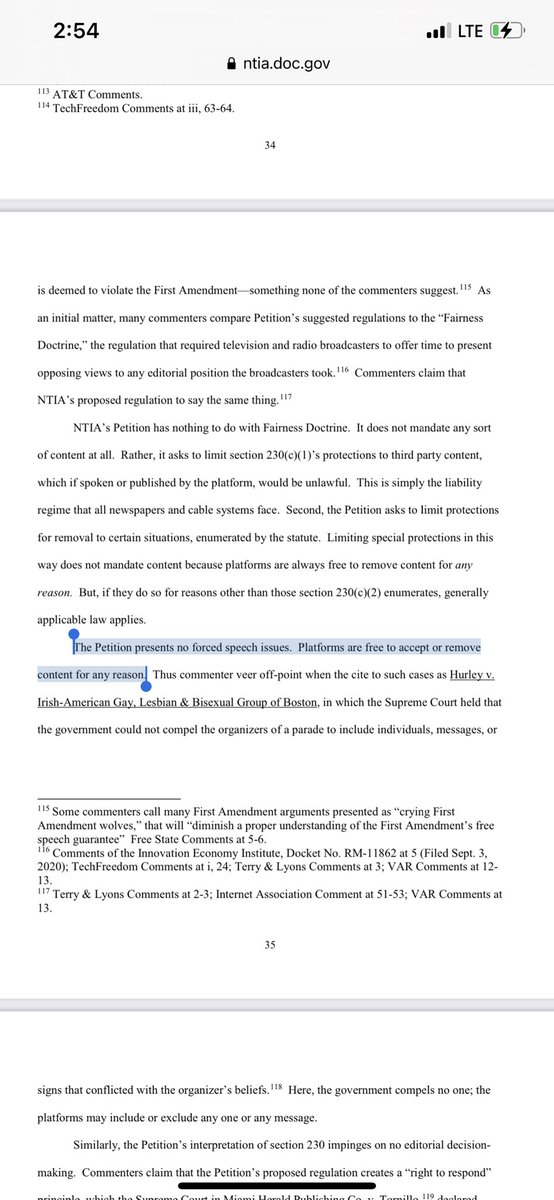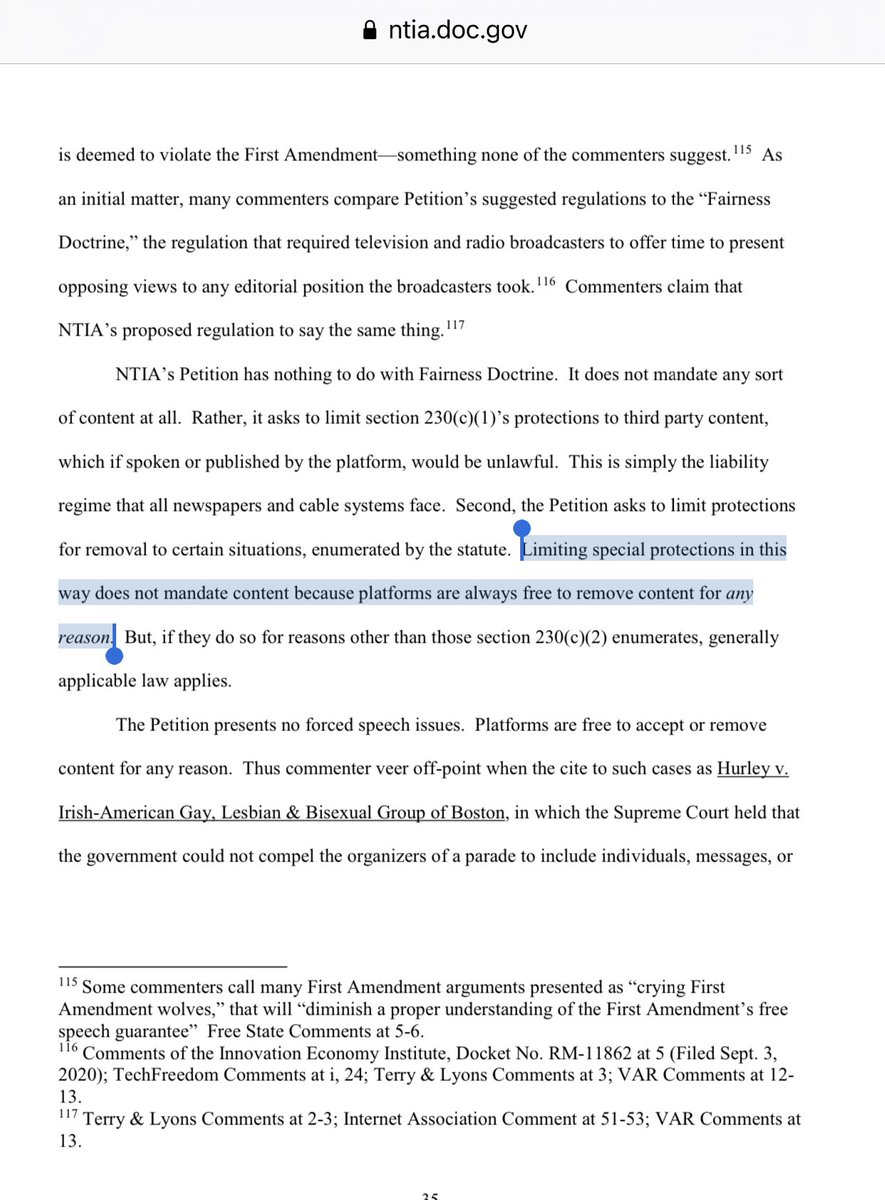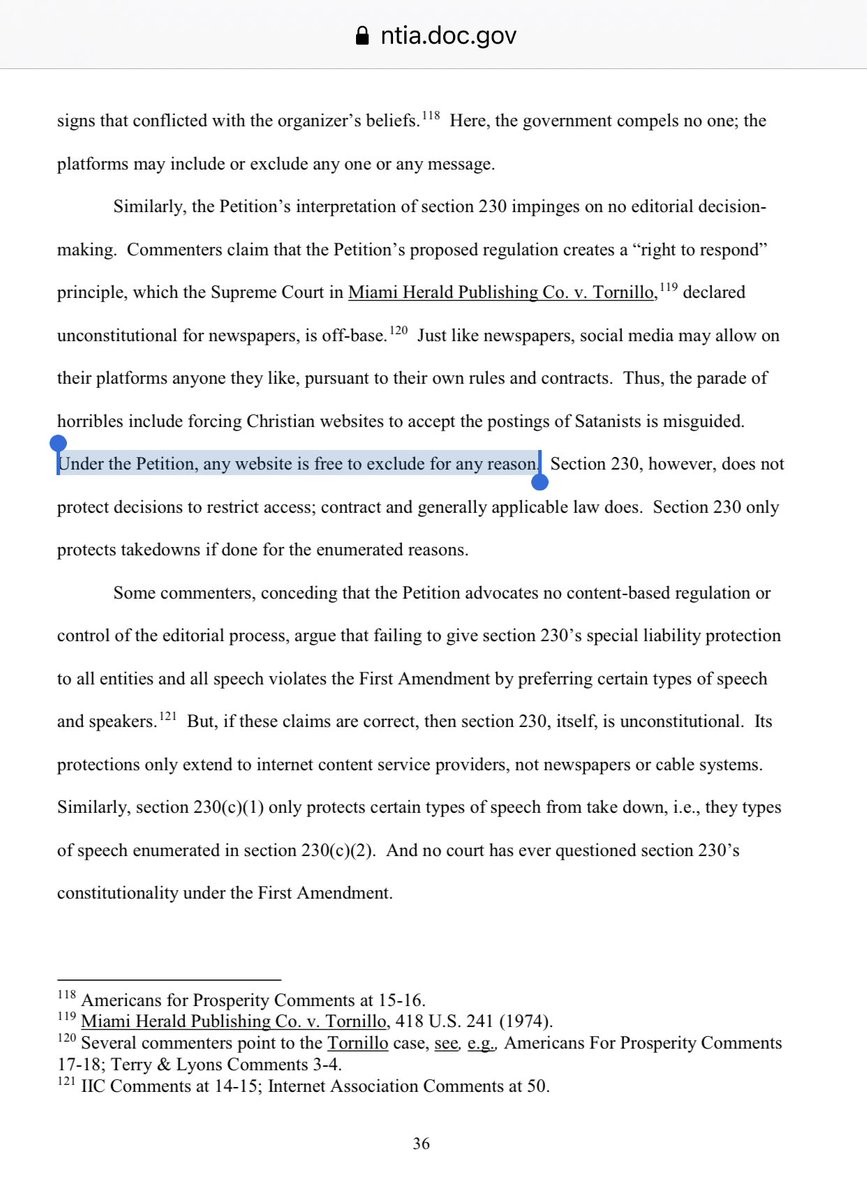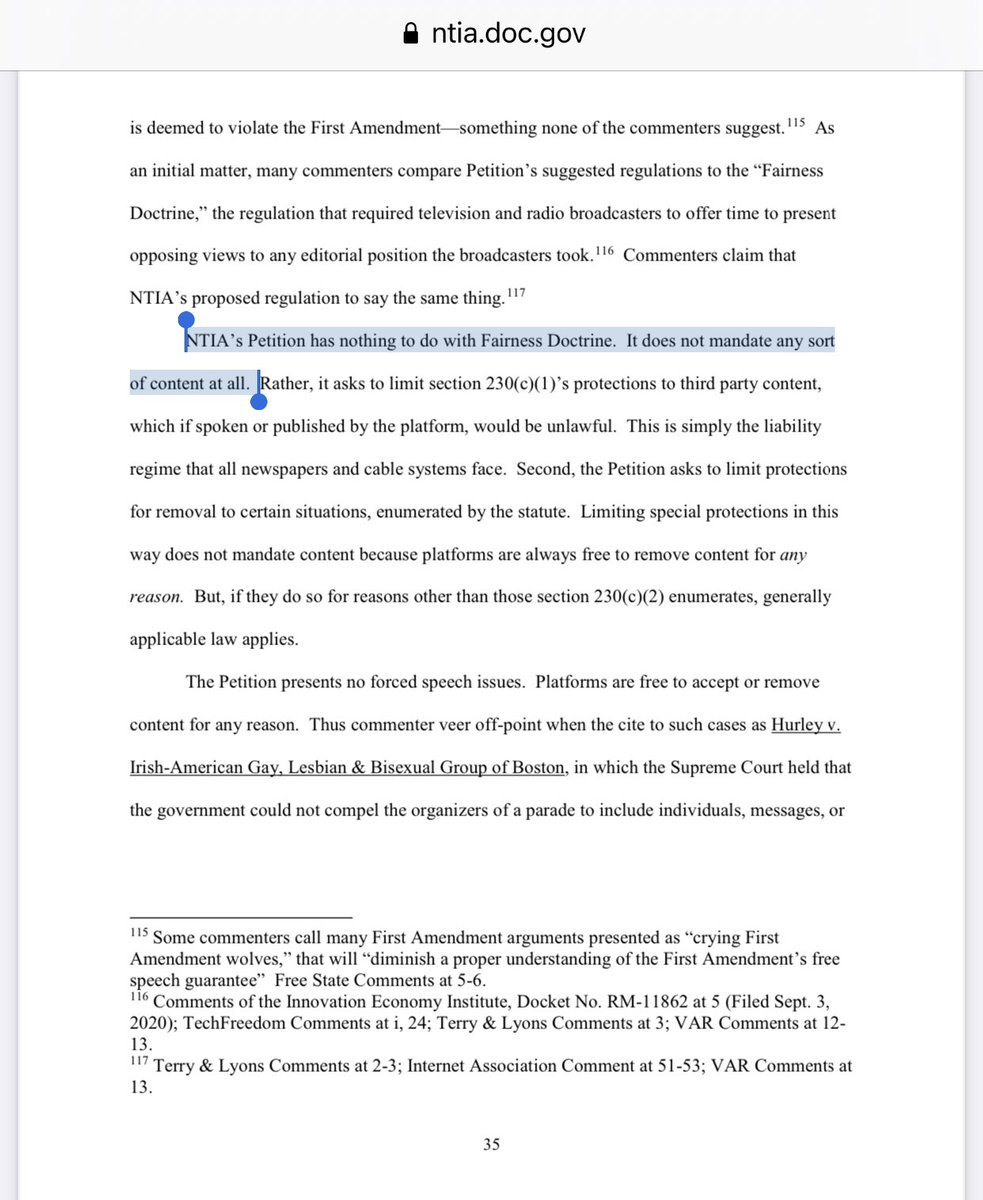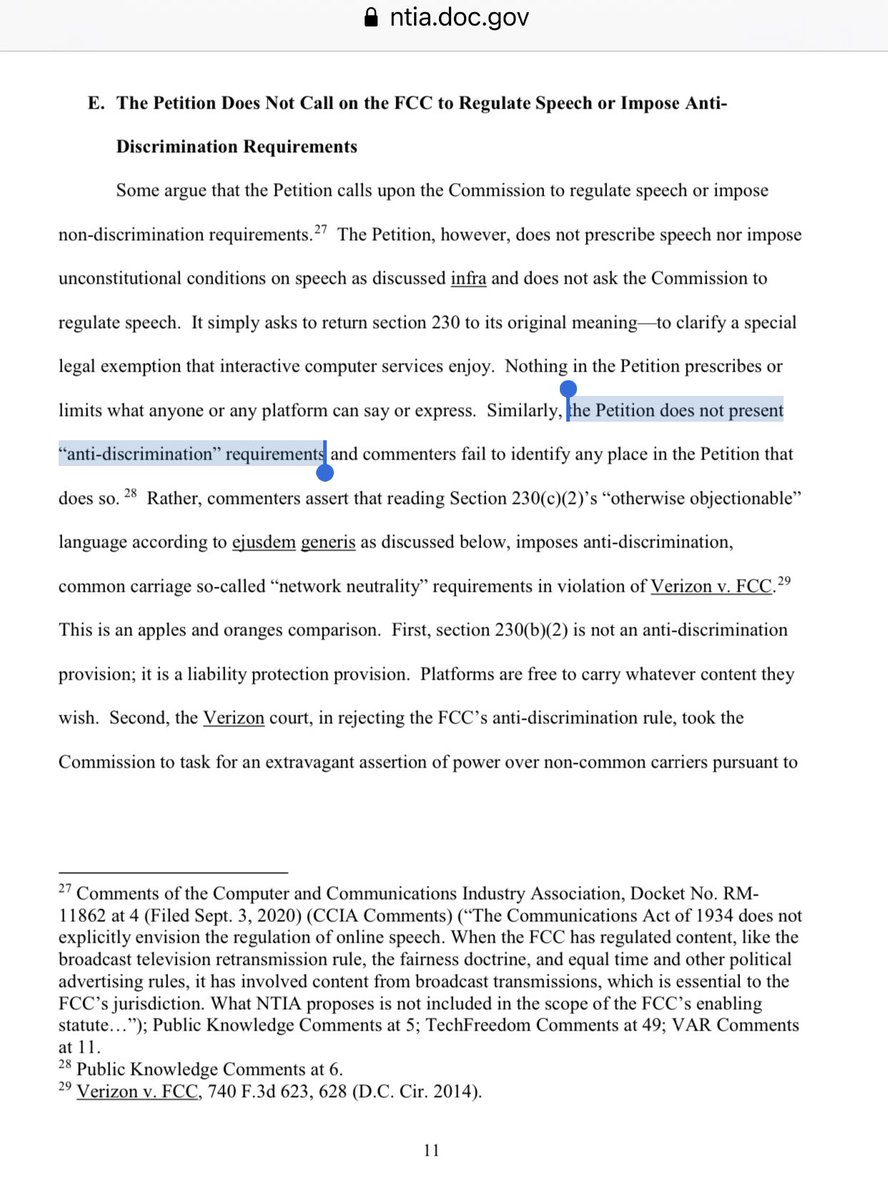New analysis here shows that the average #TikTok user is more likely to be exposed to content favorable to the CCP than a user of other major social media
TikTok search results for “PLA” overwhelmingly pro CCP
“Wuhan lab” lacks relevant results on TikTok, suggesting moderation
TikTok search results for “PLA” overwhelmingly pro CCP
“Wuhan lab” lacks relevant results on TikTok, suggesting moderation
https://twitter.com/brendancarrfcc/status/1636773917670137856

Leaked documents obtained by a reporter in 2019 showed that "TikTok... instruct[ed] its moderators to censor videos that mention Tiananmen Square, Tibetan independence, or the banned religious group Falun Gong." Those guidelines are no longer in use.
theguardian.com/technology/201…
theguardian.com/technology/201…
That same year, a search for #hongkong on Twitter returned images of pro-democracy marchers.
Searches on TikTok revealed a different and for the CCP "more politically convenient" version of reality: playful selfies, food photos & barely a hint of unrest.
washingtonpost.com/technology/201…
Searches on TikTok revealed a different and for the CCP "more politically convenient" version of reality: playful selfies, food photos & barely a hint of unrest.
washingtonpost.com/technology/201…
A 2020 analysis by the Australian Strategic Policy Institute found that the top videos for #Xinjiang on TikTok were 15% pro-CCP (denying persecution of Uyghurs), 33% propaganda (depicting Xinjiang in an exclusively idyllic way), 40% entertainment, & just 12% critical of the CCP. 

Ahead of the most recent U.S. midterms, TikTok allowed CCP state media to run accounts (without, unlike other social media sites, disclosing the state media tie) that targeted U.S. politicians for criticism & pushed divisive content about social issues:
forbes.com/sites/emilybak…
forbes.com/sites/emilybak…
• • •
Missing some Tweet in this thread? You can try to
force a refresh

 Read on Twitter
Read on Twitter

